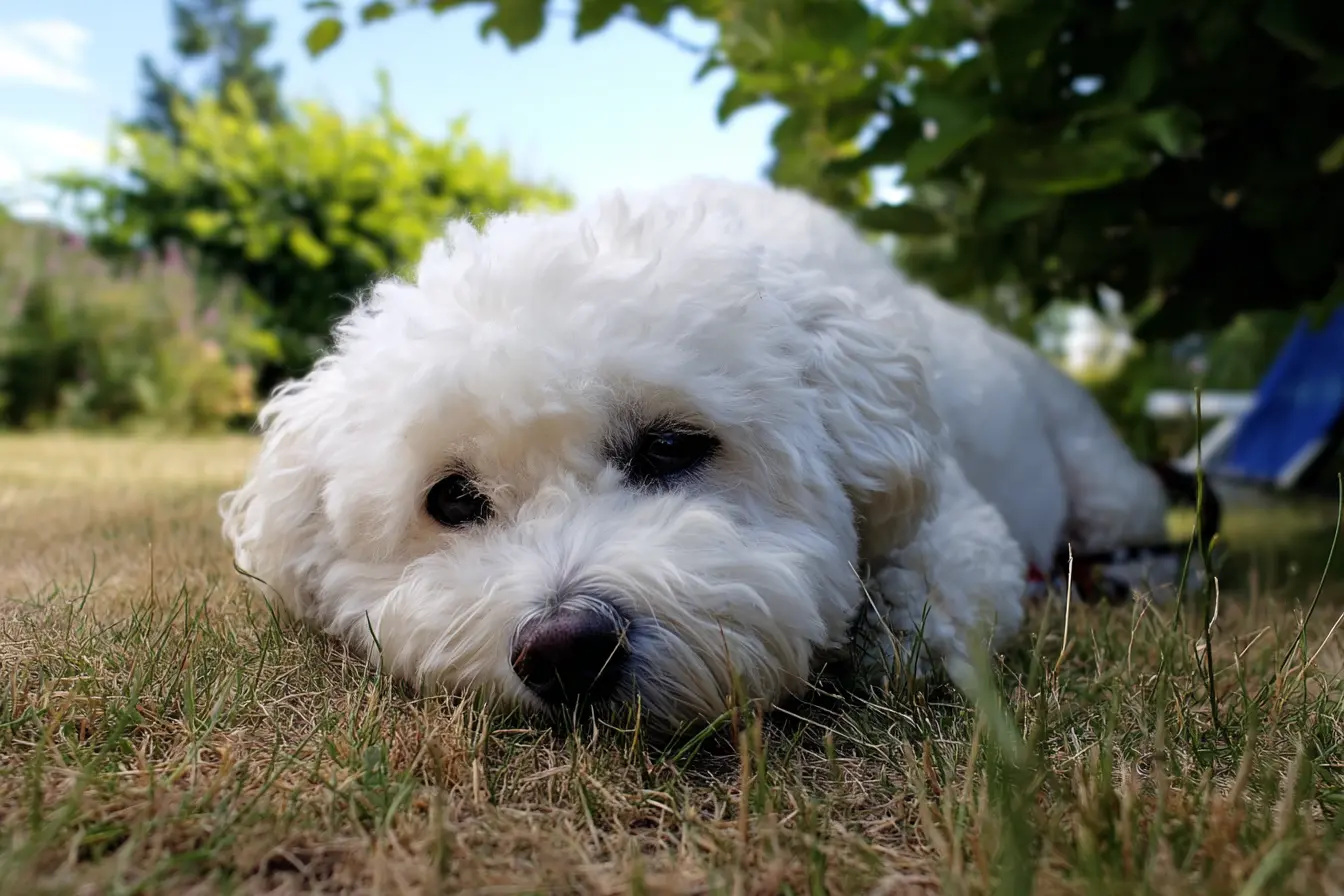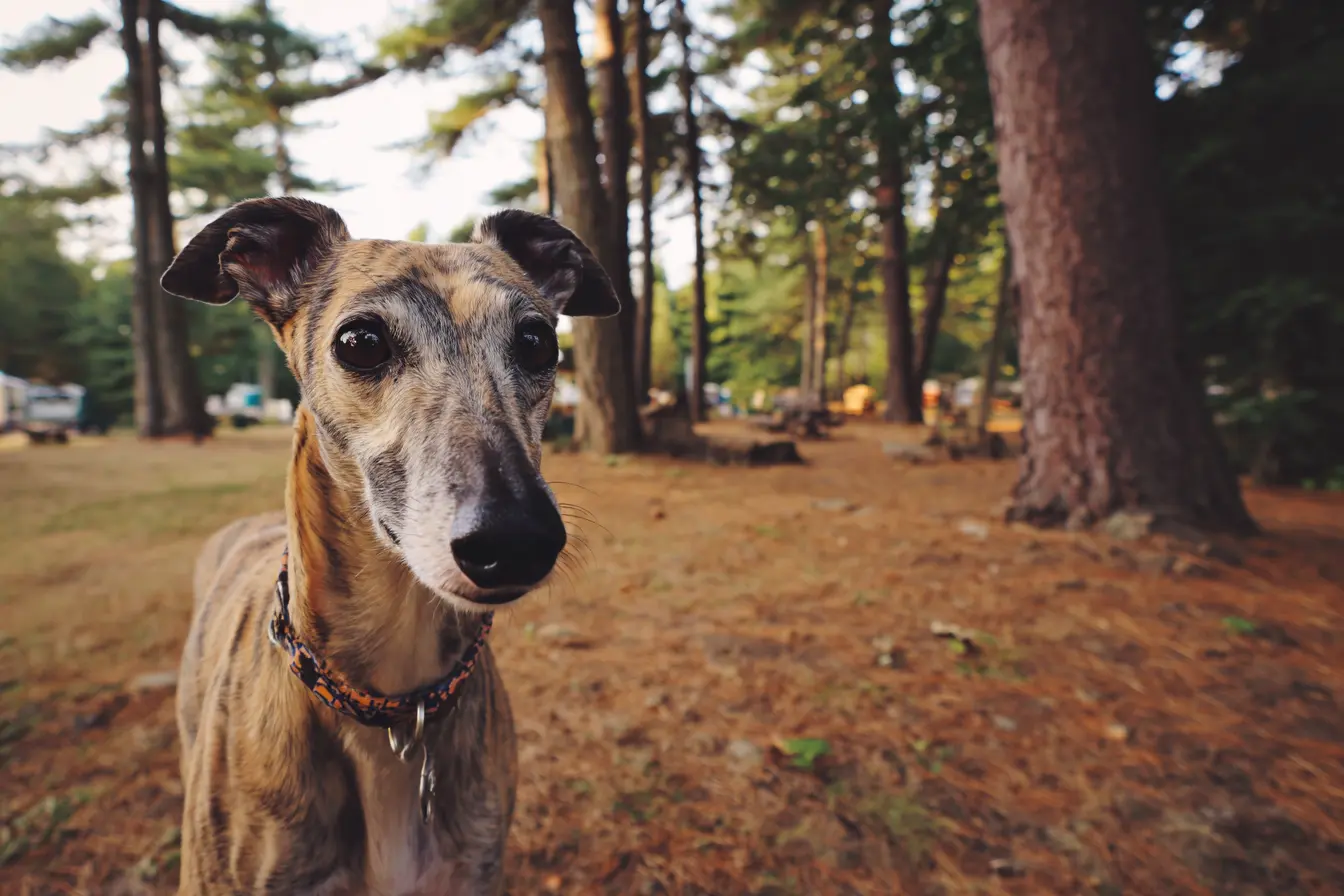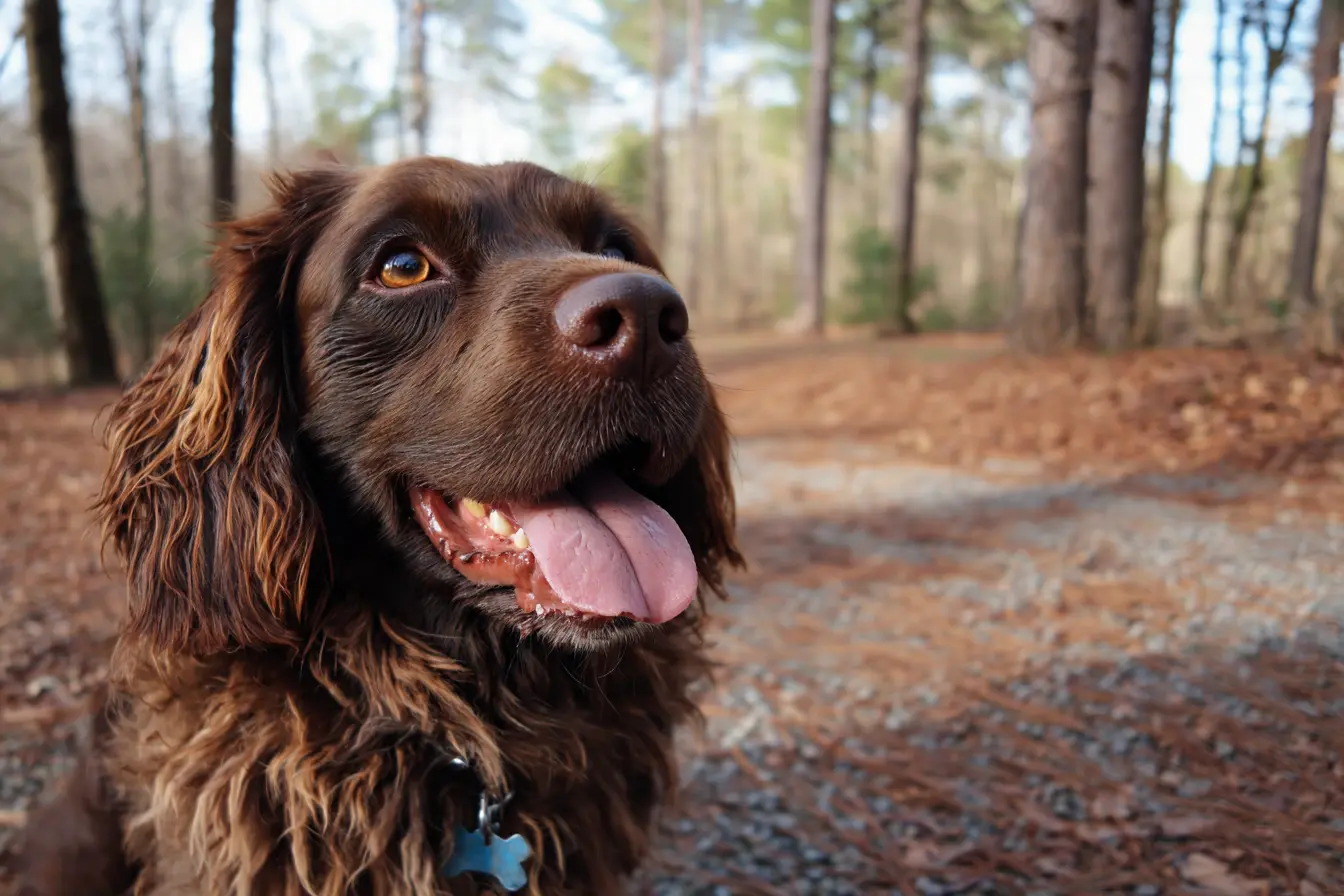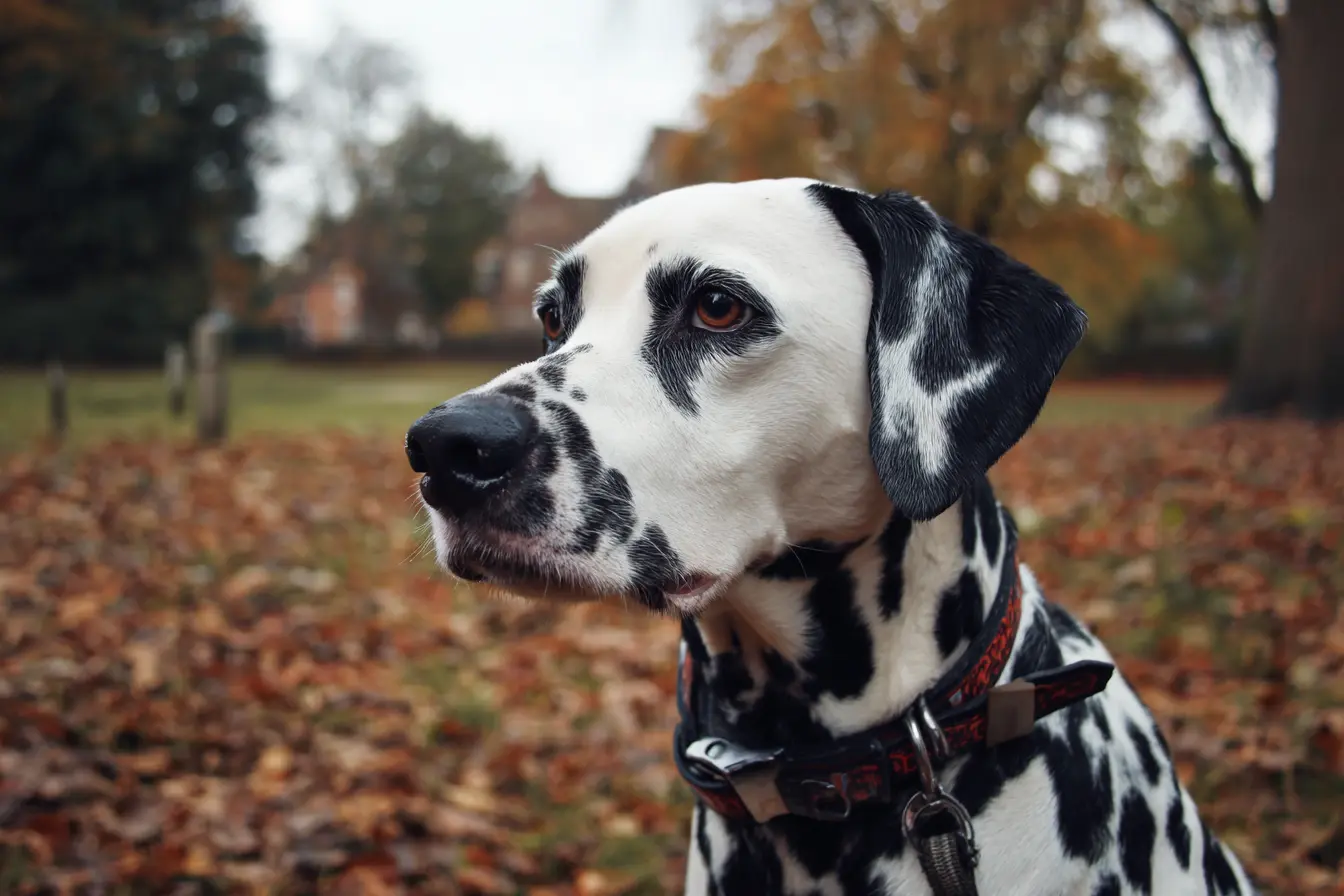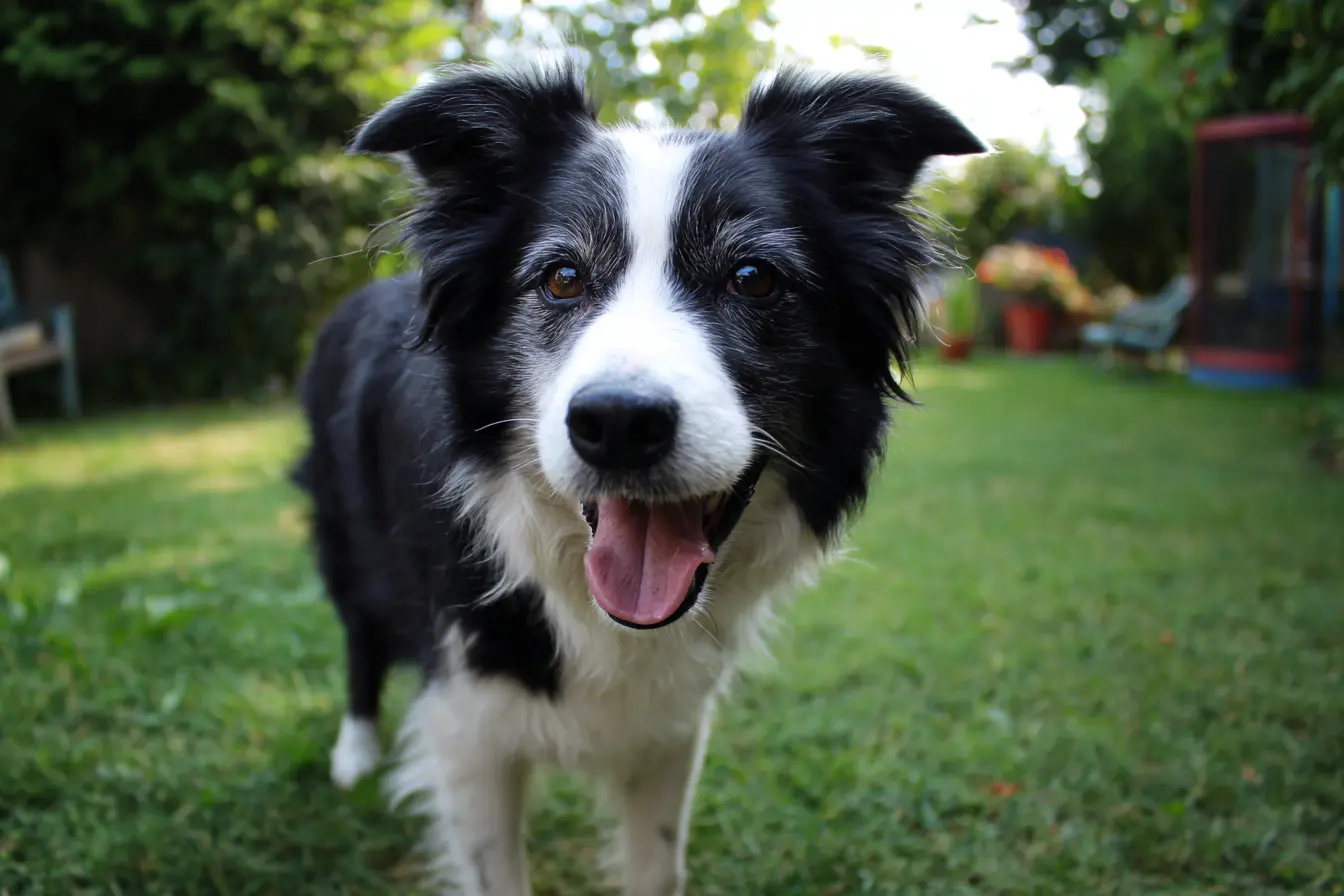
The Pastoral Group: Intelligent, Energetic, and Loyal Working Dogs
The Pastoral Group is home to some of the world's most iconic and hardworking dogs. Originally bred for herding and guarding livestock, pastoral breeds are known for their intelligence, loyalty, and high energy levels. Today, many of these breeds continue to work in their traditional roles, while others thrive as companions, excelling in dog sports, service work, and family life. If you're considering a pastoral breed or simply want to learn more, this guide provides everything you need to know about this dynamic and devoted group.
What is the Pastoral Group?
The Pastoral Group includes breeds developed to manage livestock such as sheep, cattle, and reindeer. These dogs were bred for their working abilities: agility, stamina, quick thinking, and the instinct to herd or guard.
In modern times, pastoral breeds are prized not only for their working capabilities but also for their loyalty, intelligence, and versatility as family pets.
Key Characteristics of Pastoral Dogs
- Intelligence: Among the most intelligent dog breeds; quick learners.
- Trainability: Highly trainable and eager to please.
- Energy Levels: Very high; require substantial daily exercise.
- Work Ethic: Strong; thrive when given a job or purpose.
- Affection: Devoted to their families but often reserved with strangers.
Pastoral breeds are best suited to active homes that can meet their mental and physical needs.
Popular Breeds Within the Pastoral Group
Here are some of the most well-known and loved pastoral breeds:
Border Collie
- Originally used for: Herding sheep.
- Personality: Highly intelligent, energetic, and focused.
- Exercise Needs: Extremely high; thrives with both physical and mental work.
- Notable Traits: Often regarded as the most intelligent dog breed.
German Shepherd Dog
- Originally used for: Herding and guarding sheep.
- Personality: Loyal, courageous, and versatile.
- Exercise Needs: High; requires structured training and daily exercise.
- Notable Traits: Widely used in police, military, and service roles.
Old English Sheepdog
- Originally used for: Driving cattle and sheep to market.
- Personality: Affectionate, playful, and good-natured.
- Exercise Needs: Moderate to high; enjoys being part of family activities.
- Notable Traits: Iconic shaggy coat and bear-like gait.
Shetland Sheepdog
- Originally used for: Herding sheep on the Shetland Islands.
- Personality: Bright, affectionate, and agile.
- Exercise Needs: High; excels in obedience and agility.
- Notable Traits: Looks like a miniature Rough Collie.
Belgian Shepherd Dog (Groenendael, Malinois, Tervuren, Laekenois)
- Originally used for: Herding and guarding livestock.
- Personality: Intelligent, loyal, and protective.
- Exercise Needs: Very high; needs structured physical and mental stimulation.
- Notable Traits: Four coat types; often used in working roles worldwide.
Welsh Corgi (Pembroke and Cardigan)
- Originally used for: Herding cattle.
- Personality: Bold, intelligent, and affectionate.
- Exercise Needs: Moderate to high.
- Notable Traits: Low-slung body, quick and agile.
Australian Shepherd
- Originally used for: Herding livestock in the United States.
- Personality: Energetic, intelligent, and highly trainable.
- Exercise Needs: Very high; thrives on activity and challenges.
- Notable Traits: Often has striking merle coats and bright eyes.
Training and Exercise Needs
Pastoral breeds have very high training and exercise requirements. Without appropriate outlets, they can become bored and develop behavioural issues such as barking, herding children or pets, or destructive chewing.
Training Tips:
- Positive Reinforcement: These breeds respond very well to rewards-based training.
- Early Socialisation: Crucial to ensure they are confident and well-adjusted.
- Mental Stimulation: Puzzle toys, advanced obedience, agility, and scent work are excellent outlets.
- Consistency: A clear, consistent approach to training builds confidence and trust.
Exercise Requirements:
- Border Collies and Belgian Malinois: Require 2+ hours of vigorous exercise daily plus mental work.
- German Shepherds and Australian Shepherds: Require at least 1.5–2 hours of structured activity.
- Shetland Sheepdogs and Corgis: Need slightly less but still require regular, challenging activities.
Simply providing a large garden is not enough — pastoral dogs need active engagement and tasks that mimic working life.
Grooming and Care
Grooming needs vary across the group:
- Heavy Coats (Old English Sheepdog, Rough Collie): Require regular brushing several times a week to prevent matting.
- Shorter or Weather-Resistant Coats (German Shepherd, Belgian Malinois): Weekly brushing is sufficient, with more during shedding seasons.
Regardless of coat type, basic care including nail trimming, ear cleaning, and dental hygiene is essential.
Some breeds, like the German Shepherd, are prone to shedding year-round, so expect to manage hair with regular brushing and cleaning.
Health Considerations
While generally hardy, pastoral breeds can be prone to certain health issues:
- Hip and Elbow Dysplasia: Common in larger breeds such as the German Shepherd.
- Progressive Retinal Atrophy (PRA): Can affect vision, particularly in breeds like the Collie.
- Degenerative Myelopathy: A neurological condition seen in German Shepherds and some Collies.
- Collie Eye Anomaly: A genetic eye condition affecting Collies and Shelties.
- Epilepsy: Seen in breeds like the Border Collie and Australian Shepherd.
Selecting a puppy from health-tested parents and regular veterinary care are key to managing these risks.
Living with a Pastoral Breed
Pastoral breeds are happiest when they are part of an active family or individual’s life. They enjoy having a purpose and being involved in activities.
They can adapt to town or country living provided their exercise needs are met, but they thrive in homes where they can regularly engage in physical and mental tasks.
Pastoral breeds are typically good with children, though some (like Border Collies) may instinctively try to herd small children if not trained otherwise.
They often do best in homes where someone is present most of the time, as many dislike being left alone for long periods.
Pros:
- Highly intelligent and trainable.
- Loyal and deeply bonded to their families.
- Excel in obedience, agility, and sports.
- Many are naturally protective and alert.
Cons:
- High exercise and mental stimulation needs.
- Can develop behavioural issues if bored.
- Some breeds require significant grooming.
- May herd children, pets, or visitors if not properly trained.
Is a Pastoral Dog Right for You?
If you are an active individual or family who enjoys outdoor activities, training challenges, and including your dog in daily life, a pastoral breed could be an excellent match.
However, if you prefer a low-energy dog, or if you are away from home for long periods, a pastoral breed may not suit your lifestyle.
Conclusion
The Pastoral Group offers some of the most intelligent, loyal, and versatile dogs in the world. From the athletic Border Collie to the dignified Old English Sheepdog, pastoral breeds bring energy, affection, and joy into every home they join. With the right training, exercise, and care, a pastoral dog will become a cherished, devoted companion for many years to come.
Vets near you
Speciality vets
- Aquatics vet specialists
- Birds vet specialists
- Camelids vet specialists
- Cats vet specialists
- Cattle vet specialists
- Deer vet specialists
- Dogs vet specialists
- Equines vet specialists
- Exotic vet specialists
- Goats vet specialists
- Pigs vet specialists
- Poultry vet specialists
- Sheep vet specialists
- Small Mammals vet specialists
- Wild vet specialists
Vet facilities
- Accessible by public transport
- Blood testing
- Car park nearby
- Client car park
- Dentistry
- Diagnostic imaging
- Disabled public access
- Flea and worm treatments
- Microchipping
- Mobile services
- Neutering
- Open at weekends
- Out-of-hours service
- Referral interests
- Referrals only
- Street parking outside
- Toilets available
- Vaccinations
